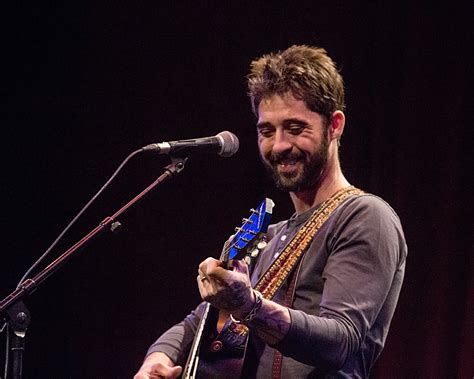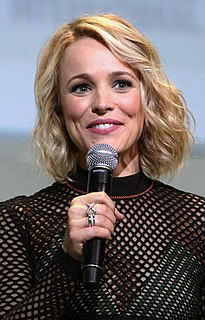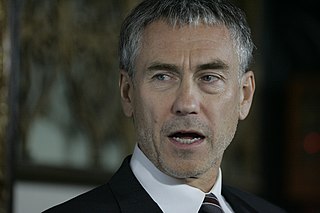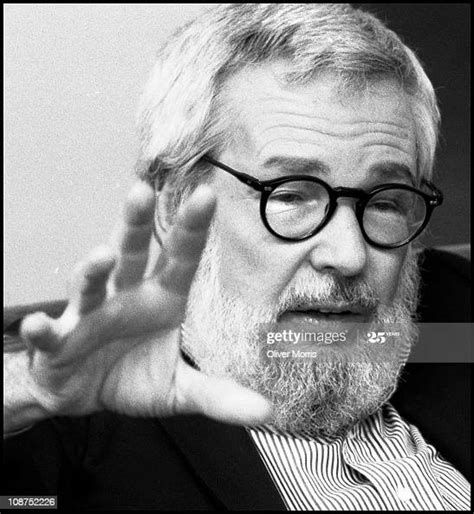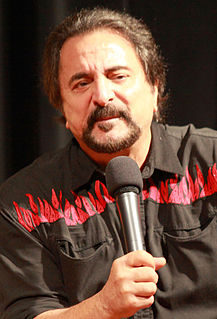A Quote by Kurt Vonnegut
When I worked with General Electric, again this was soon after the Second World War, you know, I was keeping up with new developments and they showed me a milling machine and this thing worked by punch cards - that's where computers were at that time, and everybody was sort of sheepish about how well this thing worked because in those days machinists were treated as though they were great musicians because they were virtuosos on these machines.
Related Quotes
They were not friends, Comdrade Pillai and Inspector Thomas Matthew, and they didn't trust each other. But they understood each other perfectly. They were both men whom childhood had abandoned without a trace. Men without curiosity. Without doubt. Both in their own way truly, terrifyingly, adult. They looked out into the world and never wondered how it worked, because they knew. They worked it. They were mechanics who serviced different parts of the same machine.
What you need to know to direct a movie is [of] such great variety. I've worked with people who were maestros, who know everything. I've worked with people who were empty and lost, who had no clue what they were doing. You wouldn't hire them to paint your apartment. And then there's everything in-between. There's no list of skills you have to have to sit in that chair.
I wanted to be an actor ever since I was five. My grandparents - my mom's parents in New York - were stage actors. I think indirectly I wanted to do it because of them. My grandfather would tell me stories about Tennessee Williams and actors he worked with in New York. He had such a respect for acting and such a love for storytelling about that world. I grew up hearing him tell tales of it.They were never encouraging me or discouraging me to take part. They were always feeding me with theater.
Sometimes people have sympathized with me because long years of my life were spent in jail and in exile. Well, those years ... were a mixed experience. I hated them because they separated me from the dearest thing in the world-the struggle of my people for rebirth. At the same time, they were a blessing because I had what is so rare in this world-the opportunity of thinking about basic issues, the opportunity of examining afresh the beliefs I held.
I came from an educated, upper middle-class family. My mother was a Persian and history teacher at a large high school for girls. Many of the women in my extended family and in our circle of friends were professionals. In those days, women were a vital part of the economy in Kabul. They worked as lawyers, physicians, college professors, etc., which makes the tragedy of how they were treated by the Taliban that much more painful.


